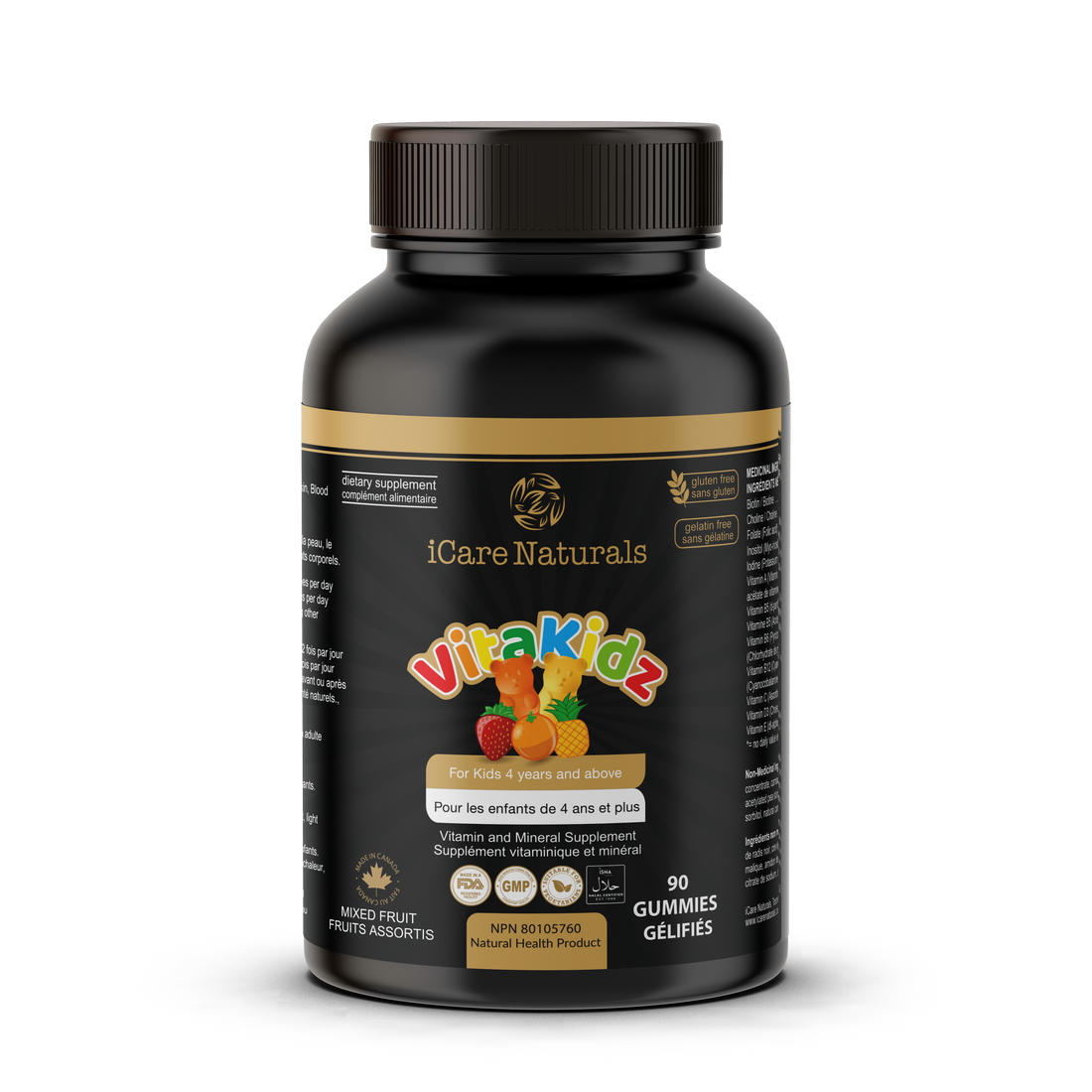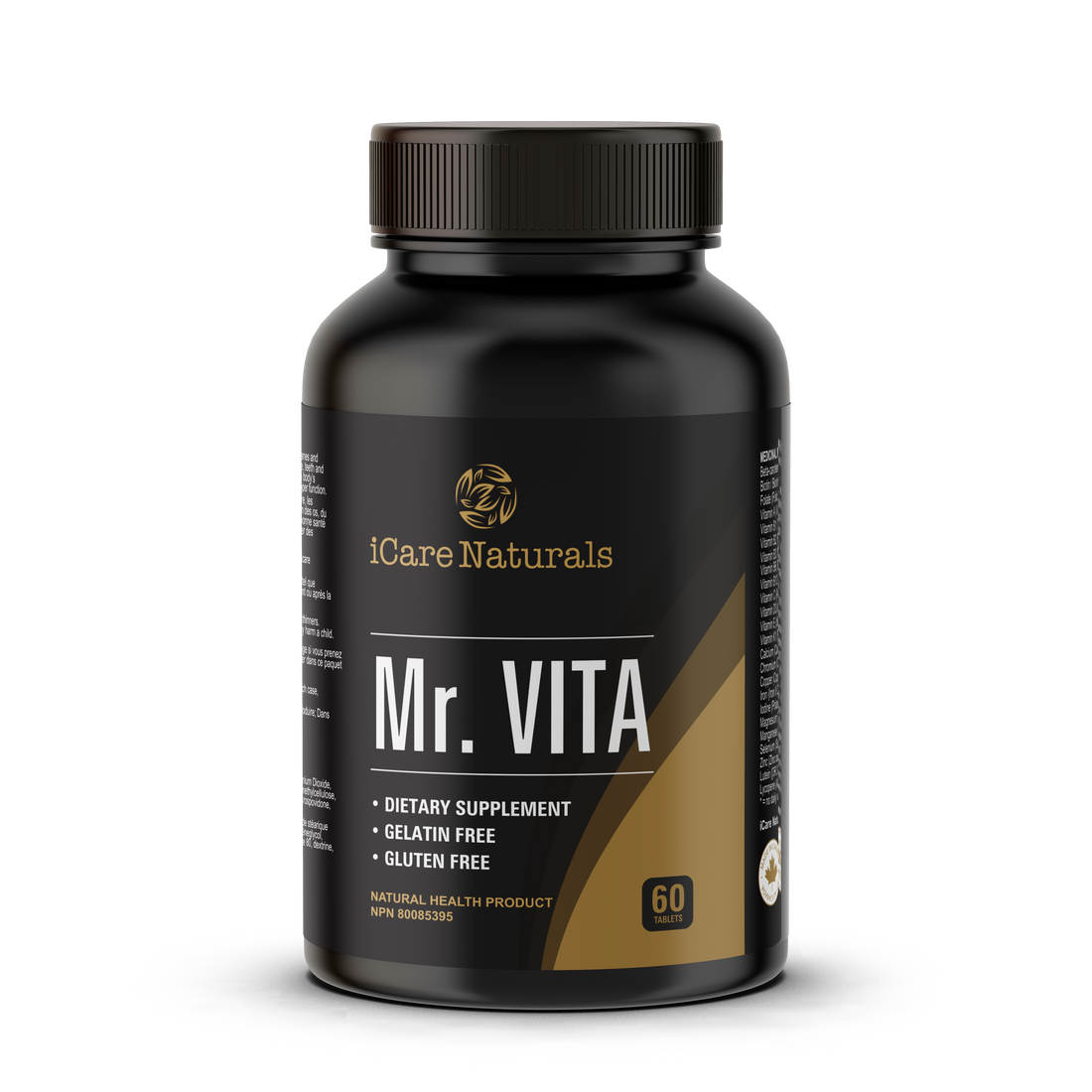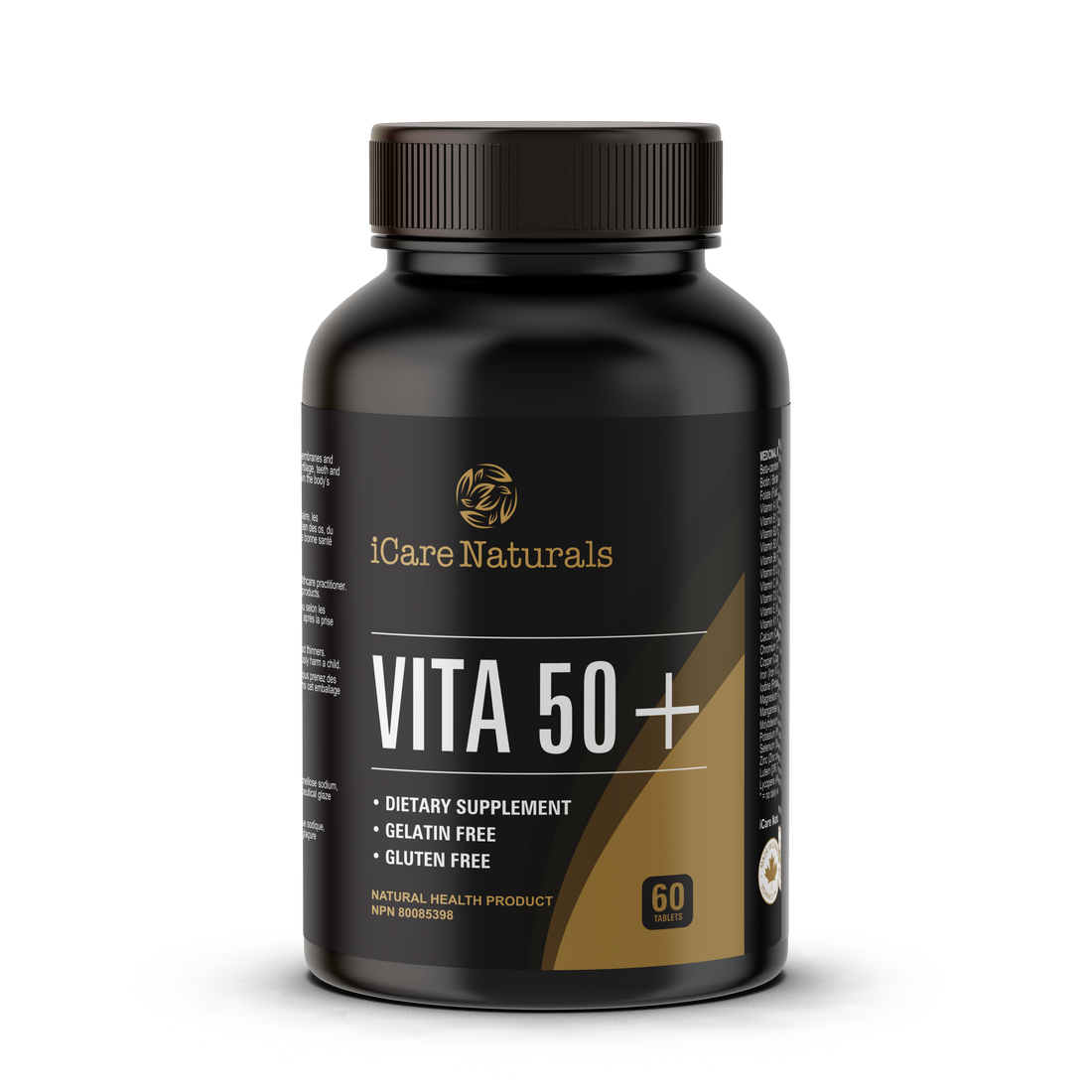Many of us took chewable multivitamins every day as children, and many of us continue to do so as adults; around one-third of all adults now take multivitamins.
Taking a multivitamin might reassure some individuals that they aren't missing out on any essential nutrients. Some people take them in the hope that they would strengthen their immune systems, enhance their cognitive abilities, even out their skin tone, and improve the quality of their hair.
Those who might benefit from taking a multivitamin are:
- Those who are cutting down on their caloric intake (like dieters)
- Senior citizens
However, long-term usage of multivitamins does not seem to lower risk of stroke, heart attack, or cardiovascular death, as shown by data from the Physicians' Health Study II and Women's Health Study. Furthermore, a recent meta-analysis consisting of 18 trials with a total of 2,099,262 participants and 18,363,326 person years found that multivitamins did not reduce the occurrence of stroke or death from stroke, cardiovascular disease, or coronary heart disease.
Selecting a Vitamin Supplement
Whether or if you should take a multivitamin is something only you can decide. There are many different multivitamins to choose from, and just walking down the vitamin aisle at your local grocery shop could make you feel like you're staring at a 3D periodic table.
Multivitamins are supplements that contain a combination of vitamins and minerals. They are designed to fill the nutritional gaps that may exist in one’s diet. However, with so many multivitamins available in the market, it can be challenging to choose the right one. In this article, we will discuss what to look for and what to avoid when choosing a multivitamin.
What to look for:
Nutrient content: Look for a multivitamin that provides a wide range of essential vitamins and minerals. The recommended daily intake of each nutrient varies depending on age, gender, and other factors. Make sure that the multivitamin you choose contains the right amount of each nutrient that you need.
Quality of ingredients: Choose a multivitamin that uses high-quality ingredients. Check the label for the source of the vitamins and minerals. Some multivitamins may use synthetic ingredients, which may not be as effective as natural sources.
Form of the multivitamin: Multivitamins come in different forms such as capsules, tablets, gummies, and liquids. Choose the form that you find most comfortable to take. Capsules and tablets are the most common forms of multivitamins, but some people may prefer gummies or liquids.
Additional ingredients: Some multivitamins may contain additional ingredients such as probiotics, antioxidants, or herbal extracts. These additional ingredients may provide added benefits. However, it's essential to choose a multivitamin that is specific to your needs and does not contain unnecessary ingredients.
Price: The price of a multivitamin can vary significantly. Look for a product that fits your budget but also provides good value for your money. A higher price does not always mean better quality.
What to avoid:
Mega-doses of vitamins and minerals: Mega-doses of vitamins and minerals can be harmful to your health. Avoid multivitamins that provide more than 100% of the recommended daily intake of any nutrient.
Harmful additives: Some multivitamins may contain harmful additives such as artificial colors, flavors, or preservatives. Check the label for any ingredients that you may be allergic to or that may cause adverse effects.
Iron: Iron is an essential nutrient for the body, but excessive intake can be harmful. Unless you have been diagnosed with iron deficiency anemia, choose a multivitamin that does not contain iron.
Vitamin A: Vitamin A is another nutrient that can be harmful in excessive amounts. Avoid multivitamins that contain more than 2,500 IU of vitamin A.
Proprietary blends: Some multivitamins may contain proprietary blends, which are mixtures of several ingredients that are not disclosed on the label. It's essential to know what you are consuming, so choose a multivitamin that lists all the ingredients on the label.
Conclusion:
Choosing the right multivitamin can be challenging, but it's essential to find a product that meets your needs. Look for a multivitamin that provides a wide range of essential nutrients, uses high-quality ingredients, and fits your budget. Avoid multivitamins that provide mega-doses of vitamins and minerals, harmful additives, and excessive amounts of iron and vitamin A. By following these guidelines, you can choose a multivitamin that will help you maintain good health and well-being.










